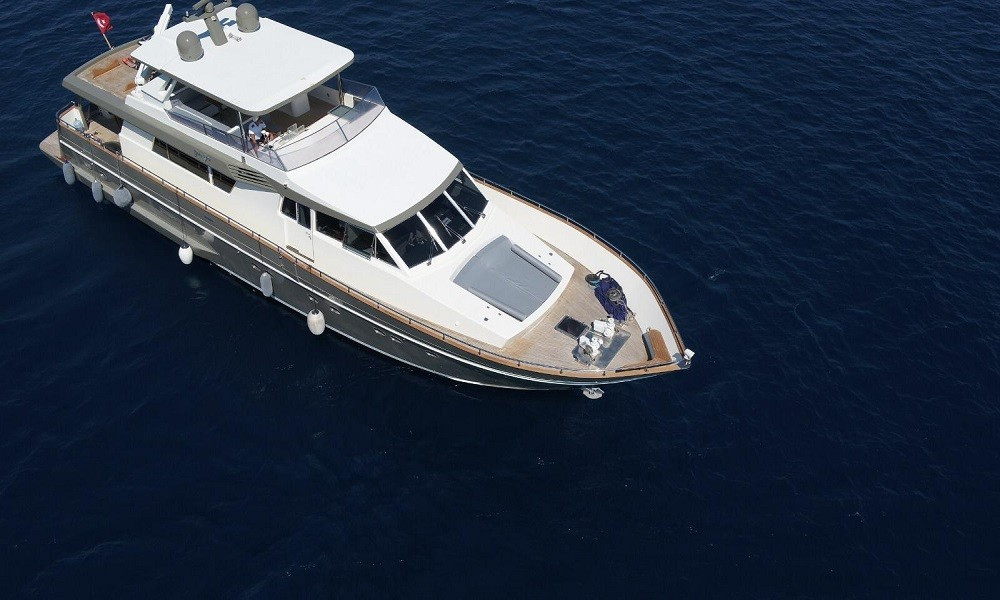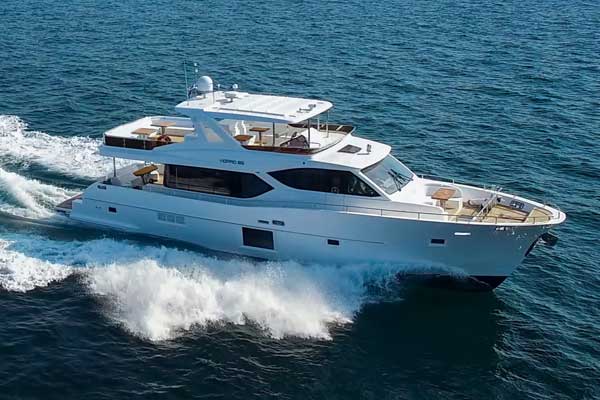Yacht rental timing depends heavily on seasonal demand patterns, weather conditions, and vessel availability across different periods of the year. Planning your marine excursion requires considering multiple factors influence availability and pricing structures. Peak seasons create higher demand for premium vessels, while weather patterns affect sailing conditions and safety requirements. Comprehending these variables helps determine optimal booking timeframes for different types of yacht experiences. The marine industry operates with distinct patterns that vary greatly between locations and vessel categories, making planning essential for securing preferred dates and vessel types.
Peak season planning windows
Dubai’s yacht rental market experiences seasonal patterns directly impact booking requirements. The cooler months from November through April represent peak season when yacht sales dubai operations experience maximum demand from tourists and residents seeking comfortable marine experiences. During these months, booking becomes crucial for securing preferred vessels and dates. The winter season attracts visitors who prefer moderate temperatures for outdoor activities, creating competition for available vessels. Popular yachts with specific amenities or sizes often book up months in advance during peak periods. Planning 4-6 weeks during peak season ensures better vessel selection and more favourable pricing options than last-minute bookings.
Weather window considerations
Marine conditions greatly influence booking strategies beyond simple seasonal preferences—the summer months present challenges with higher temperatures and occasional weather disturbances affecting sailing conditions. Booking flexibility becomes more critical between May and September due to potential weather-related changes.
- Calm morning conditions typically offer the best sailing experiences
- Afternoon thermal winds can create choppy conditions for smaller vessels
- Summer thunderstorms may require itinerary adjustments
- Temperature considerations affect comfort levels for extended trips
- Seasonal wind patterns influence route planning and vessel selection
These weather patterns help determine appropriate booking timeframes while allowing for necessary flexibility in scheduling. Booking 2-3 weeks in advance during summer months often provides adequate selection while maintaining scheduling flexibility for weather considerations.
Vessel availability factors
Yacht categories require varying booking periods based on popularity and availability within rental fleets. Luxury yachts with specialized amenities typically require longer advance notice than standard vessels. Your group’s size and capacity requirements directly influence how far ahead you should secure your booking. Larger yachts suitable for corporate events or important celebrations often have limited availability due to their specialized nature and higher demand. These vessels frequently require 6-8 weeks’ booking during peak periods. Smaller vessels intended for intimate gatherings typically offer more flexibility with 2-4 week booking windows providing adequate selection.
Group size coordination
Coordinating schedules for larger groups adds complexity to the booking process beyond simple vessel availability. Corporate events, family reunions, or celebration parties require additional planning time to ensure all participants can attend on selected dates. The coordination challenge increases proportionally with group size, affecting optimal booking timeframes.
- Weekend dates require longer planning due to higher demand
- Special occasion dates need extra lead time for availability
- Multi-day charters require extended coordination periods
- International visitor coordination may need an additional scheduling buffer
- Dietary restrictions and special requirements need advanced communication
These coordination requirements often dictate booking timelines independent of vessel availability, making early planning beneficial for complex group arrangements. Successful yacht rental experiences begin with appropriate planning considering seasonal demand, weather patterns, vessel availability, and group coordination requirements. These factors collectively determine optimal booking timeframes for different types of marine excursions.


